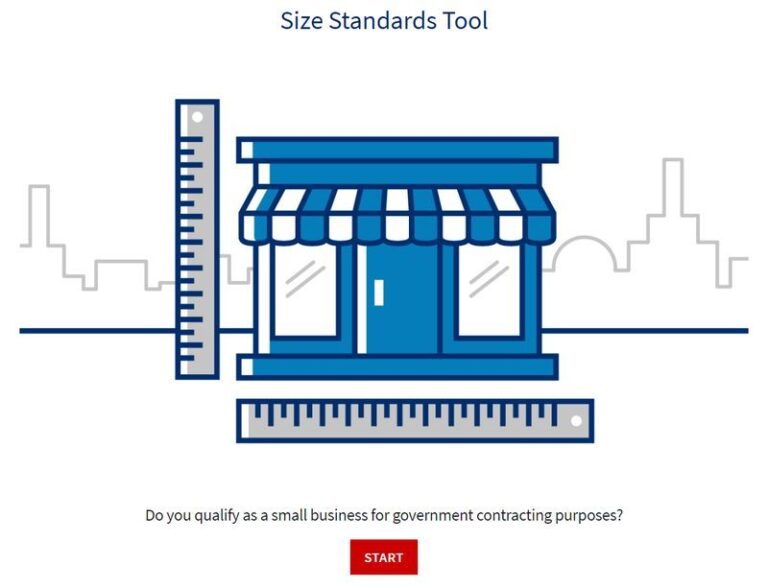In the realm of business, setting clear and strategic objectives is a vital step towards success. In this post we will be discussing about Achieving Success with SMART Business Objectives: Real-Life Insights. SMART business objectives provide a structured framework that ensures your goals are Specific, Measurable, Achievable, Relevant, and Time-bound. Let’s dive into this concept with a real-life example to illustrate its significance.
The Basics of SMART Business Objectives
Specific Goals
The ‘S’ in SMART emphasizes the importance of precision in your objectives. Consider a scenario where a small marketing agency wishes to boost its online presence. A vague objective might be “improve online visibility,” but a SMART objective would specify, “Increase website traffic by 20% in the next three months through content marketing and SEO.”
Measurable Success
The ‘M’ ensures that you can quantify your progress. For our marketing agency, measuring success is as simple as tracking the percentage increase in website traffic, allowing them to gauge the effectiveness of their efforts.
Achievable Targets
‘A’ reminds us to set objectives that are realistic. In our example, a 20% increase in website traffic is attainable with the right strategies and resources.
Relevance to the Business
The ‘R’ emphasizes that objectives should align with the company’s broader goals. For the marketing agency, boosting online visibility directly supports their overarching aim of expanding their client base.
Time-Bound Deadline
Finally, the ‘T’ encourages setting a timeframe for achieving the objective. Our marketing agency intends to achieve this goal within three months, creating a sense of urgency and accountability.

Why Business Studies Revision Notes by Sir Afzal Shad?
- 19+ Years of Teaching Experience to IGCSE/O-Level Students
- To the Point and Cambridge Endorsed Definitions & Explanations
- Sample Answers from the Past Papers
- Activities / Case Studies included for Practice
Real-Life Example: Boosting Online Presence
Let’s follow our marketing agency as they apply SMART objectives to enhance their online presence:
Specific: They identify that creating high-quality blog content and optimizing their website for search engines are the key actions needed.
Measurable: They set a goal to increase website traffic by 20%, measured through Google Analytics.
Achievable: They allocate resources for content creation and SEO improvements within their budget.
Relevance: This objective aligns with their long-term goal of acquiring more clients through online channels.
Time-Bound: They commit to achieving this objective within three months, allowing them to track progress regularly.
By applying SMART business objectives, our marketing agency can approach their goal of improving online visibility strategically and efficiently. This approach isn’t limited to marketing; it’s applicable across various industries, promoting focused, measurable, and achievable goals that drive business success. In this article of SMART Business Objectives: Real-Life Insights, we tried to give you brief idea about how SMART objectives work in real life business environments.
Group Plan
Group Sessions for IGCSE, A Levels Business for Cambridge, Edexcel & AQA Boards. The most economical offer for all.
- Online + Face 2 Face Sessions
- Economical Fee Structure
- Recorded Lessons
- Complete Syllabus
- Short & Crisp Notes
- Discussion based Sessions
- Complete Past Papers Coverage
Focused Plan
Can’t afford high fee but need personal attention too? This is the right plan for you. (1-3 Students Group)
- Everything in Group Class PLUS
- Online Focused Sessions
- Group of 2-3 Students
- Extra Discussion Sessions
- Additional WhatsApp Support
- Additional Practice Quiz
- FREE Access to Marathon Sessions
Shad Pro Plan
Need a Major Jump in Grades in less time? Want 1 to 1 sessions with max focus on YOU! (Limited Spots)
- Everything in Group Class PLUS
- Online Premium Sessions
- Daily Personal Attention
- Dedicated Shadow Teacher
- 24/7 Support Services
- Each question answered
- FREE Access to Marathon Sessions
Keywords: SMART business objectives, Specific, Measurable, Achievable, Relevant, Time-bound, real-life example, online presence, marketing agency, website traffic, content marketing, SEO, business success, goal setting, strategic objectives, quantifiable progress, accountability, achievable targets.


![Disadvantages of business as public limited. [8]](https://afzalshad.com/wp-content/uploads/Business-Studies-Notes-Explanations.jpg)



